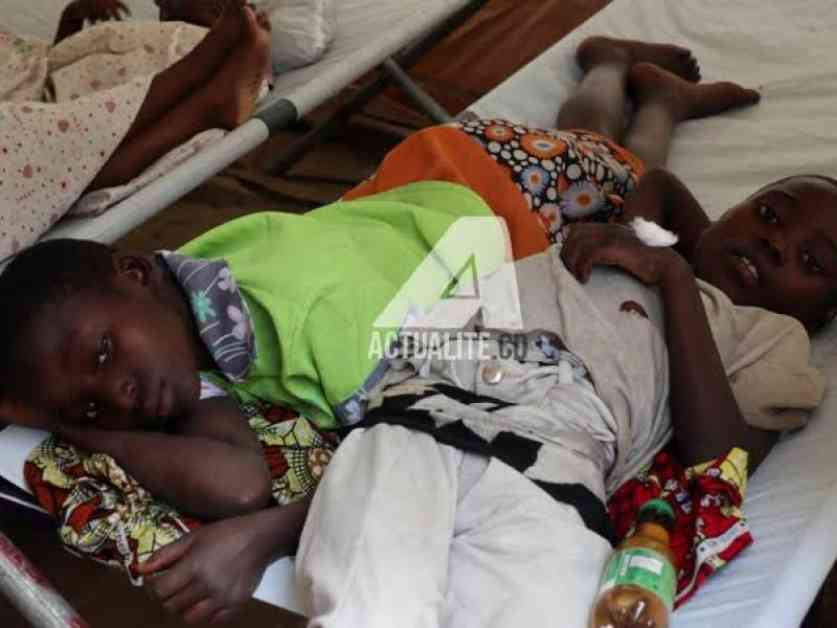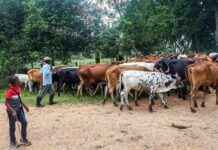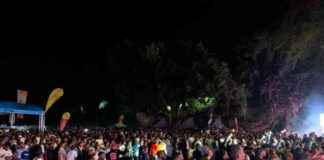The city of Goma is currently facing a catastrophic humanitarian situation following violent clashes between the Armed Forces of the Democratic Republic of Congo (FARDC) and M23 rebels, which have resulted in over 3,000 deaths, according to the United Nations. In the aftermath of these clashes, the city’s environment has been severely contaminated, increasing the risk of various diseases spreading rapidly. The Office for the Coordination of Humanitarian Affairs (OCHA) has raised an alert on a cholera outbreak, particularly in the health area of Buhimba. Within a week, 70 cases of cholera have been reported near the Bulengo displaced persons camp, west of Goma.
Cholera Outbreak and Displacement
A recent humanitarian report has highlighted that at least 80% of the reported cholera cases in the North Kivu province stem from displaced persons sites. This surge in cholera cases can be attributed to the dismantling of numerous displacement sites, leading to the dispersal of the displaced population and the interruption of epidemiological surveillance activities. The latest epidemiological statistics on the Cholera situation in the Democratic Republic of Congo indicate that 877 cases have been reported, resulting in 28 deaths. The province of Haut Lomami is the most heavily affected, with 499 cases accounting for 57% of all cases.
The Red Cross of the DRC has reported burying over 2,000 bodies on February 5th, with an additional 900 bodies awaiting burial in overcrowded morgues in the city. The situation is dire, with limited resources and overwhelmed healthcare facilities struggling to cope with the increasing number of cholera cases and fatalities.
Response and Urgent Action Needed
Humanitarian actors have called for urgent action to address the cholera outbreak and prevent further loss of life. The need for clean water, sanitation facilities, and proper hygiene practices is crucial in containing the spread of the disease. Organizations such as OCHA, WHO, and UNICEF are working tirelessly to provide medical assistance, clean water, and hygiene kits to those affected by the outbreak.
In the face of this escalating crisis, international support and funding are essential to strengthen the response efforts and prevent a full-blown humanitarian disaster. The collaboration between humanitarian agencies, local authorities, and communities is vital in effectively combating the cholera outbreak and ensuring the well-being of those affected.
As the situation continues to deteriorate in Goma and surrounding areas, it is imperative that swift and coordinated action is taken to prevent further loss of life and alleviate the suffering of the displaced population. The resilience and solidarity of the Congolese people, along with the support of the international community, will be crucial in overcoming this challenging period and rebuilding the affected communities.
The cholera outbreak in Goma is a stark reminder of the urgent need for sustainable solutions to address the root causes of conflict, displacement, and public health crises in the Democratic Republic of Congo. Only through collective action and a concerted effort to prioritize the well-being of all citizens can we hope to prevent future outbreaks and build a more resilient and prosperous nation for generations to come.

















